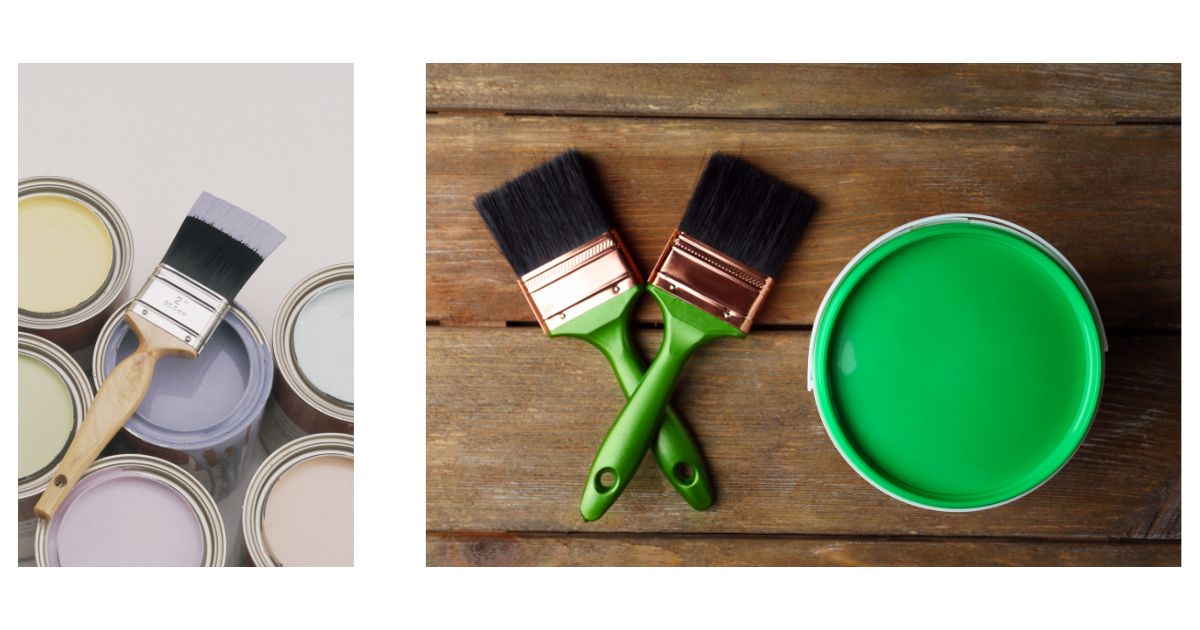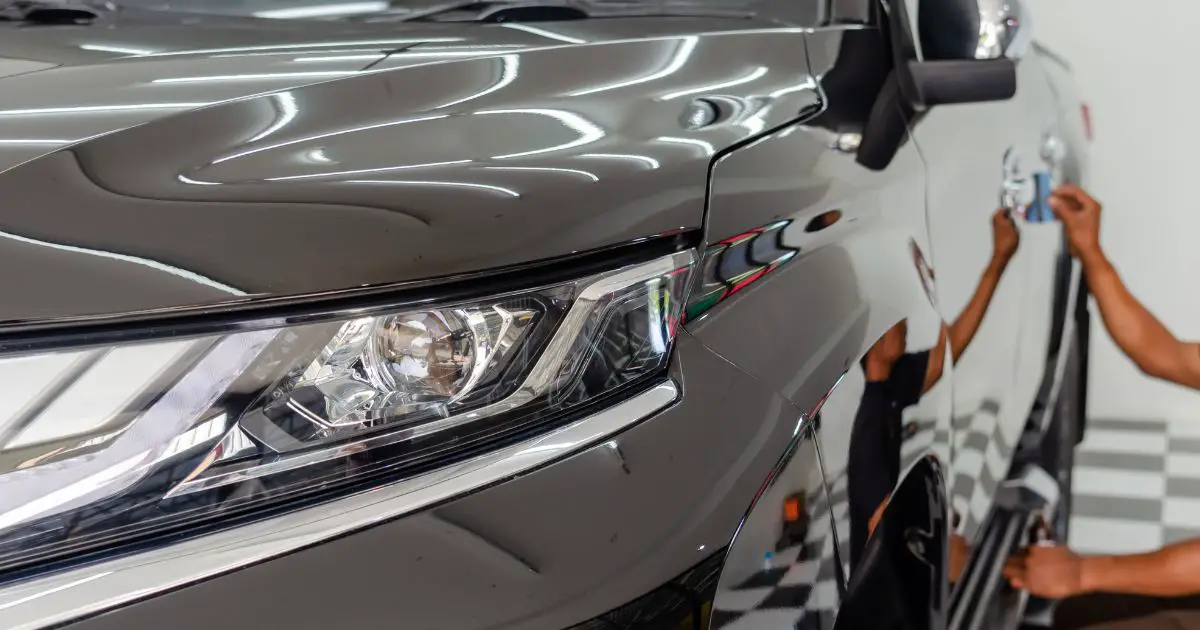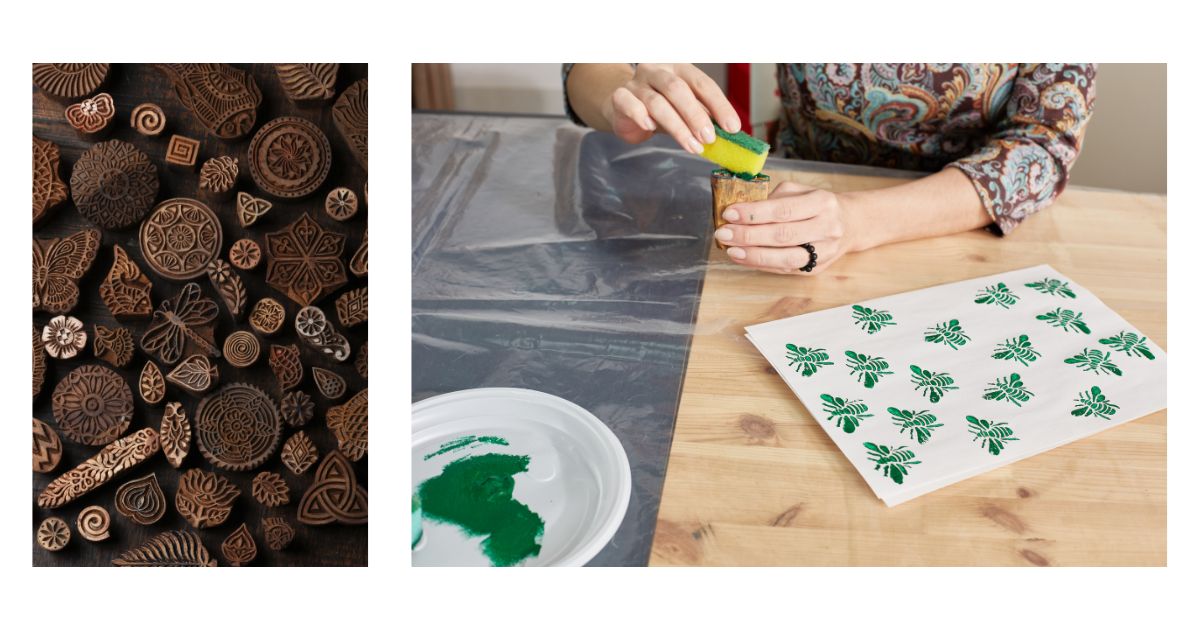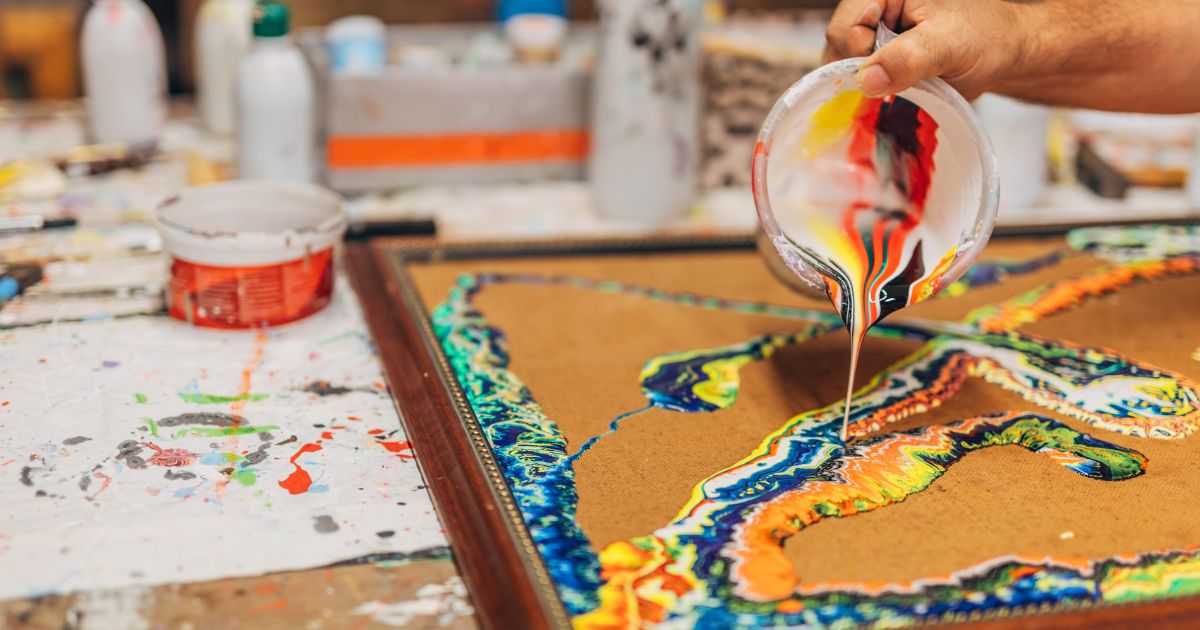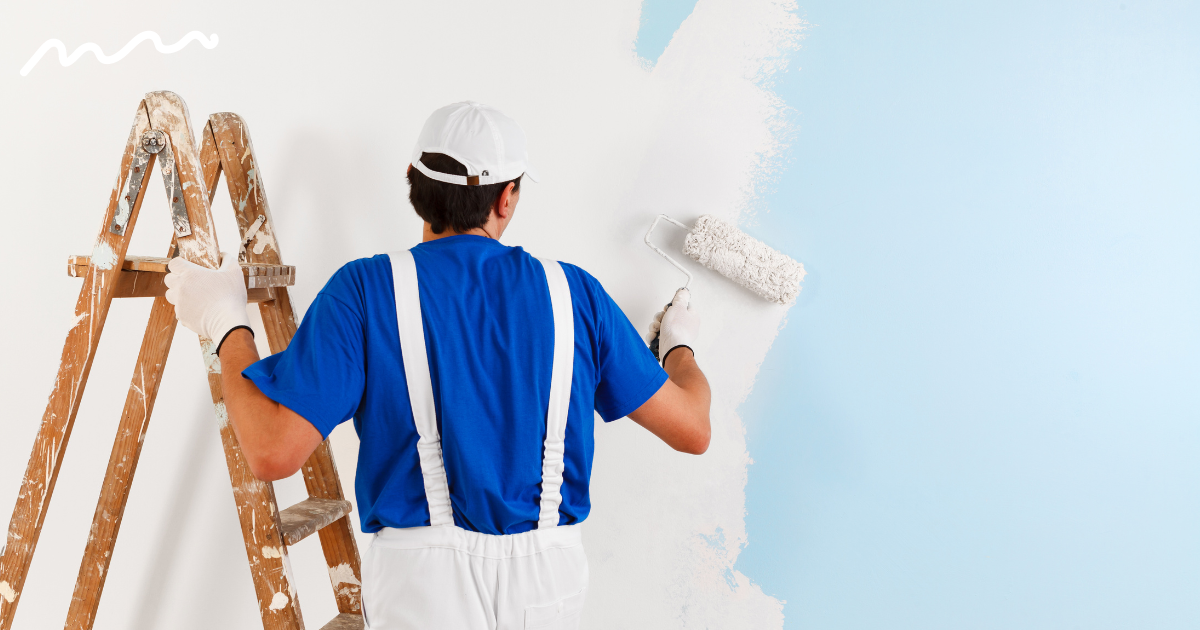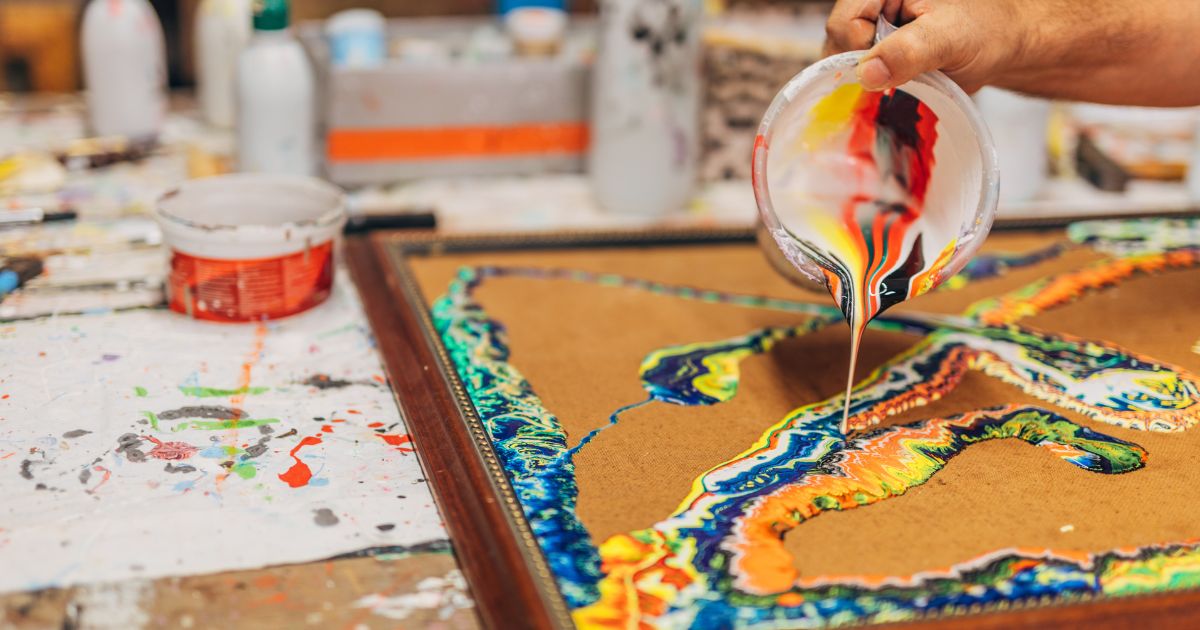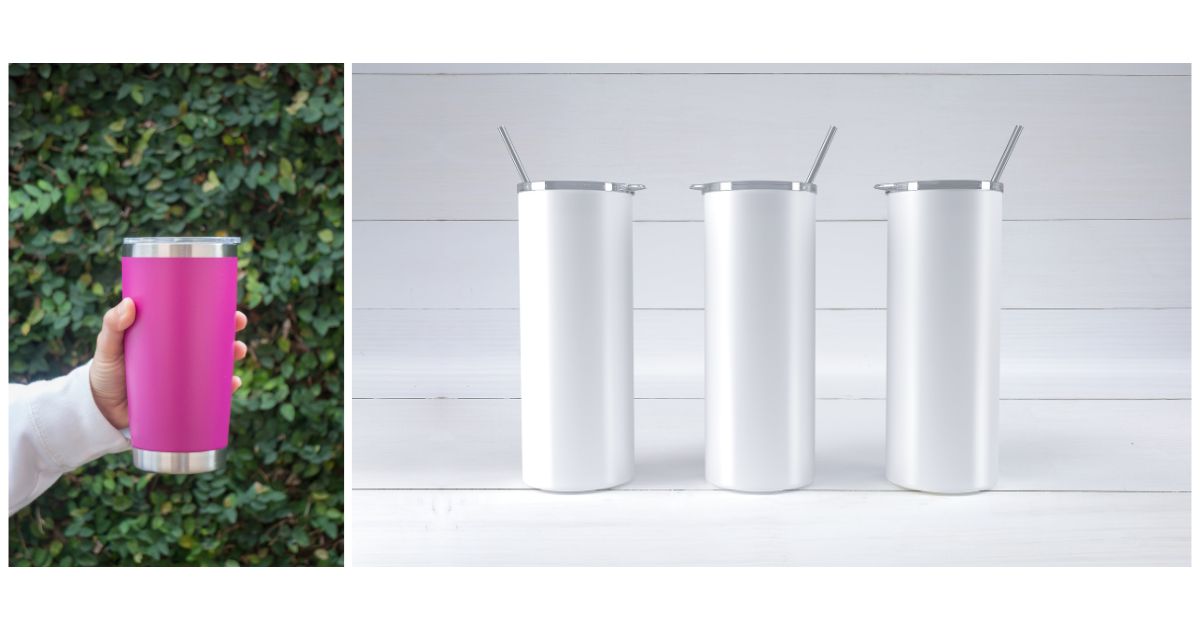When it comes to painting a car, there are generally two different types of paint jobs that can be done: single-stage and two-stage. Single-stage paint jobs are typically cheaper and can be done quicker, but they don’t usually look as good as two-stage paint jobs. Two-stage paint jobs take longer and cost more, but the end result is usually a much nicer-looking paint job.
If you’re considering repainting your car, you may be wondering whether to go with a single-stage or two-stage paint job. Both have their pros and cons, so it’s important to understand the differences before making a decision. A single-stage paint job is typically cheaper and quicker than a two-stage paint job.
However, it doesn’t provide the same level of durability and protection as a two-stage paint job. If you’re planning on keeping your car for a long time, or if you live in an area with harsh weather conditions, a two-stage paint job is probably a better option. A two-stage paint job costs more and takes longer, but it provides a much higher level of protection and durability.
If you’re planning on keeping your car for a long time, or if you live in an area with harsh weather conditions, a two-stage paint job is probably the way to go.
Is single stage paint easier?
There is no simple answer to this question as it depends on a variety of factors. In general, single-stage paint is easier to apply than multi-stage paint, but it is also more susceptible to chipping and fading. Single-stage paint also doesn’t provide the same level of protection as multi-stage paint, so it is important to consider your needs before making a decision.
Can I buff single stage paint?
If you’re working with single-stage paint, you can buff it to create a high-gloss finish. The process is similar to buffing clearcoat, but there are a few key differences. First, you’ll need to use a finer grade of sandpaper and polish.
Second, you’ll need to be careful not to buff too aggressively or you could end up sanding through the paint. Here’s a step-by-step guide to buffing single-stage paint:
- Wash the vehicle and remove any dirt or debris.
- sand the paint with a fine grade of sandpaper.
- Apply polish to the paint and buff using a circular motion.
- Wipe away any excess polish and admire your glossy finish!
Is single stage paint good on cars?
If you’re considering repainting your car, you might be wondering if single-stage paint is a good option. Single-stage paint is a type of paint that doesn’t require a clear coat, so it can be a good option if you’re looking for a quick and easy way to repaint your car. However, there are a few things to keep in mind if you’re considering single-stage paint for your car.
One thing to keep in mind is that single-stage paint doesn’t have the same level of durability as paint that has a clear coat. This means that it’s more likely to scratch and fade over time. If you’re looking for a paint job that will last for years, single-stage paint might not be the best option.
Another thing to consider is that single-stage paint can be more difficult to match to your car’s original color. If you’re not careful, you might end up with a paint job that looks noticeably different from your car’s original color. If you want to be sure that your paint job will match your car’s original color, you might want to consider using a two-stage paint system.
Overall, single-stage paint can be a good option if you’re looking for a quick and easy way to repaint your car. However, there are a few things to keep in mind before you decide to use single-stage paint on your car.
Can I put clear coat over single stage paint?
There are a few things to consider before you decide to clear coat over single-stage paint. The first is compatibility. Clear coat is typically compatible with lacquer and urethane paint systems, but not always with enamel paint.
If you’re not sure if your paint is compatible with clear coat, it’s always best to ask a professional or consult the paint manufacturer. The second thing to consider is the purpose of the clear coat. If you’re looking for added protection from the elements, then clear coating over single-stage paint is a good idea.
However, if you’re simply looking to add shine or depth to your paint job, then clear coating is not necessary. Finally, you’ll need to decide if you want to use a spray-on or brush-on clear coat. If you’re not experienced with painting, then it’s probably best to stick with a spray-on clear coat.
Two stage paint
When it comes to painting your home, there are a few different options to choose from. One option is to use two stage paint. This type of paint is made up of two parts: the base coat and the top coat.
The base coat is applied first and then the top coat is applied on top. This type of paint is typically used for high-end projects where a smooth, flawless finish is desired. The benefits of using two-stage paint are that it provides a very smooth finish and it is very durable.
This type of paint is also less likely to chip or peel over time. However, it should be noted that two-stage paint is more expensive than other types of paint and it can be more difficult to apply. If you are not experienced in painting, it is best to hire a professional to do the job for you.
How long does single stage paint last
How long does single-stage paint last? This is a difficult question to answer because there are so many variables that can affect the lifespan of a paint job. The quality of the paint, the skill of the painter, the type of surface being painted, the exposure to sunlight and weather, and the frequency of cleaning are just a few of the many factors that can influence how long a paint job will last.
In general, though, most single-stage paint jobs will last for several years before needing to be touched up or completely redone. If you take good care of your paint job and clean it regularly, it should last for many years to come.
Best single stage paint
If you’re looking for the best single-stage paint for your car, there are a few things you’ll want to keep in mind. First, single-stage paints are best for cars that are in good condition – if your car has a lot of scratches or other damage, a multi-stage paint job will be a better option.
Second, you’ll want to choose a paint that’s specifically designed for automotive use – there are a lot of great paints out there that are meant for other applications, but they won’t stand up to the rigors of driving.
Finally, keep in mind that the best single-stage paint job will be done by a professional – if you’re not comfortable doing it yourself, it’s worth the money to have someone else do it. With these tips in mind, you should be able to find the best single-stage paint for your car.
Conclusion
There are two main types of automotive paint finishes, single-stage and two-stage. Single-stage paint is the simplest type of paint job, and is typically used for older cars. It consists of a single layer of paint that is applied directly to the car’s surface.
Two-stage paint is more complex and is typically used for newer cars. It consists of two layers of paint, with the first layer being a basecoat that is applied directly to the car’s surface. The second layer, called the clearcoat, is applied over the basecoat and provides a protective layer.



